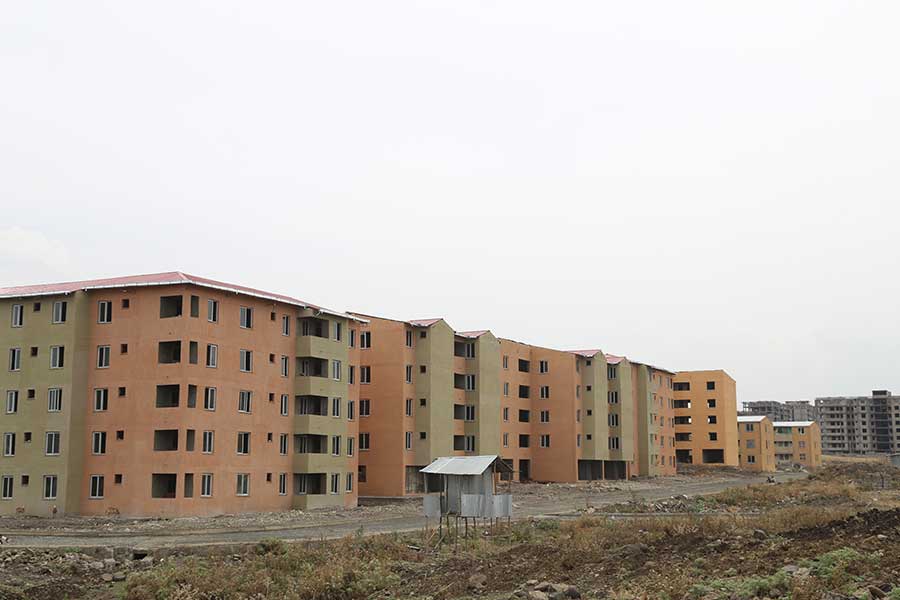
Fortune News | Sep 06,2020
Dec 4 , 2021
By BERSABEH GEBRE ( FORTUNE STAFF WRITER )
The Addis Abeba City Administration cabinet has granted housing properties erected on unlawfully occupied land reduced annual lease payment rates.
It is based on a regulation introduced in 2011, which gives the Administration the mandate to make adjustments on the lease payment modality to ensure low-income segments of the population access land at affordable prices. Three years later, the Administration began the process of granting title deeds to 44,547 undocumented homesteads that occupied land illegally in the 10 years beginning 1996.
Plots illegally occupied after 2005 are appropriated by the City Administration and put under a land bank while construction on these plots is subjected to demolition. To facilitate the lease process, the Administration established a land bank in 2013.
In 2010, the Administration had granted the same entitlement to 60,000 households occupying undocumented plots acquired before 1996.
Over three-fourths of the undocumented properties occupied before 2005 have completed the registration process since 2017, paying a down payment of 10pc of the total land lease amount determined by the Administration. The remaining 11,500 homesteads failed to register as they could not afford to make the payments, individuals close to the matter told Fortune.
The registered homesteads issued with title deeds are made to pay the lease fee over 40 years, with an annual interest rate calculated based on the outstanding balance. Based on the prevailing lending rate of the Commercial Bank of Ethiopia (CBE), the compound interest payments were much higher than the lease instalments themselves.
Last August, the Cabinet decided to alter the lease payment system, disclosed Jemal Aliye, head of the Addis Abeba Land Development & Management Bureau. The Administration collected four billion Birr from the lease payments and interest last year.
The lease payment arrangement, which dictated interest be paid on the remaining balance, is enforced in Addis Abeba to plots leased for residential and investment purposes.
“We received instructions from the Bureau to apply interest on the annual instalments instead,” said an official at the Gulele District Land Development & Management Bureau.
Alemayehu Teklehaimanot is a resident of Lafto District and one of the individuals who agreed to the terms of the lease payments when registering a homestead four years ago. He manages a property owned by his parents residing abroad.
Two-thirds of the 300sqm plot was undocumented land. Alemayehu agreed to pay a lease fee of 3,680 Br a square metre. It was to be paid over 40 years. In 2018, he paid 10pc of the total as a down payment, but with 70,000 Br in interest for the first year. His annual instalments were fixed at 18,216 Br.
“I agreed to pay the lease amount and interest out of desperation,” said Alemayehu.
However, he could not afford to make either the annual instalments or the interest payments in the two years since. A committee composed of property owners in a similar predicament filed a formal complaint before the City Cabinet last year, decrying the interest rates. Interest rates will henceforth be calculated based on the annual instalments rather than the remaining balance.
For Alemayehu, this is a welcome change that sees the interest he would pay dwindle to around 2,000 Br a year. His excitement at the alteration might be premature, as the Addis Abeba Land Administration Bureau has yet to issue implementation guidelines.
No instructions have been given to guide districts implementing the new rule, according to the official at the Gulele Land Bureau.
“We don’t know how we deal with those who have already paid the annual lease payment based on the compound interest rate principle,” she said.
For Arba Beyene, a legal expert who worked at Yeka District Land Management Bureau for three years, the lease payments rules are ambiguous and open to interpretation. A law enacted in 2011 governing urban land lease holding required down payments should be 10pc of the total lease price while the remaining balance shall be paid based on annual instalments. It also states that interest shall be paid on the remaining balance.
It is the phrase “remaining payment” that has created confusion, according to Arba.
“The City Administration interprets it as the residual balance after the down payment,” he said. “It prefers the compound interest approach because a simple interest approach does not reflect the exact time value of money.”
However, other regional administrations such as the Oromia, Tigray and Southern regional states interpret the phrase as annual payment and apply interest on the yearly instalments.
PUBLISHED ON
Dec 04,2021 [ VOL
22 , NO
1127]

Fortune News | Sep 06,2020
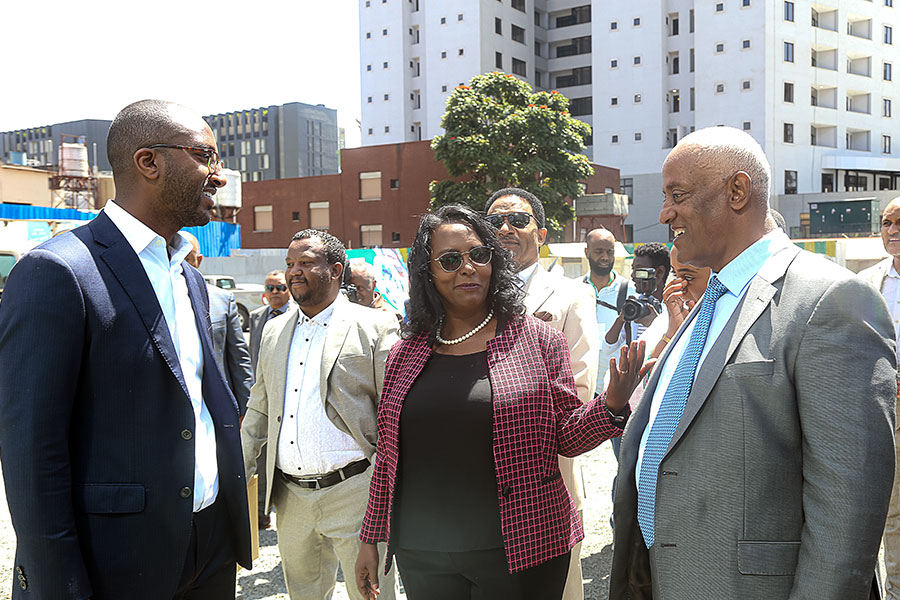
Fortune News | Nov 05,2022
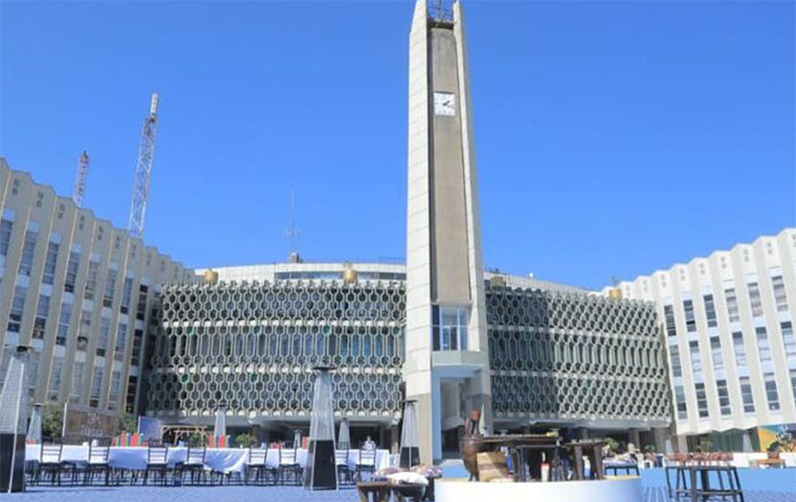
Fortune News | Jul 09,2022

Radar | Dec 26,2020
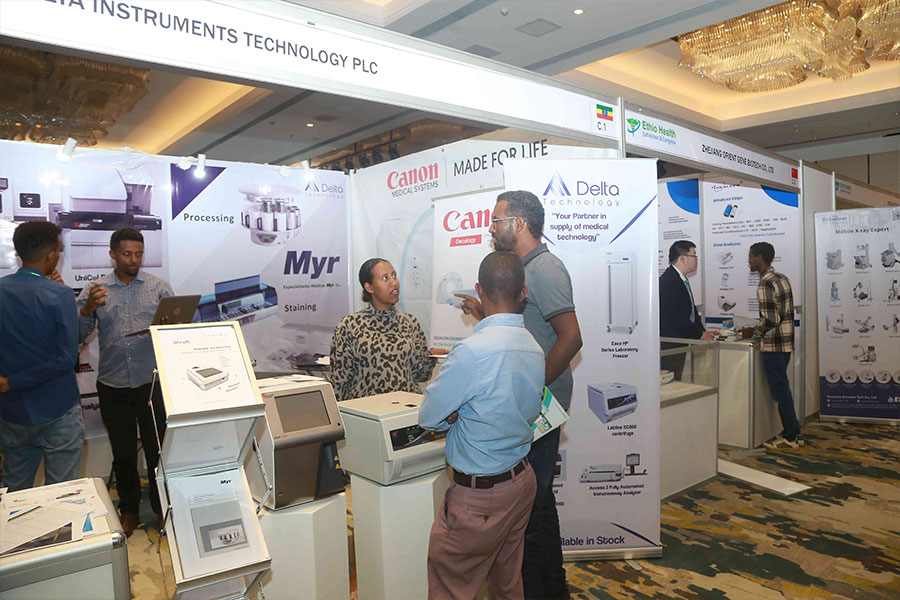
Radar | Mar 04,2023

Radar | Aug 03,2019
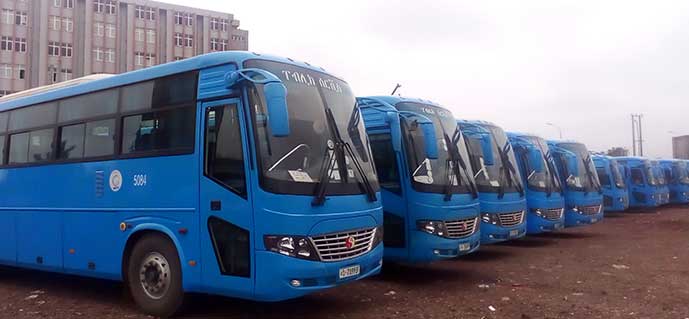
Fortune News | Jul 27,2019

Radar | Nov 04,2023
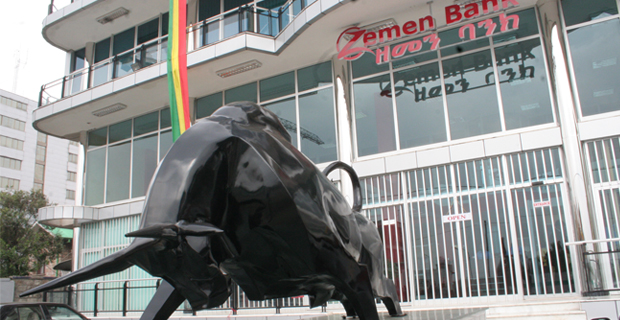
Covid-19 | Apr 03,2020
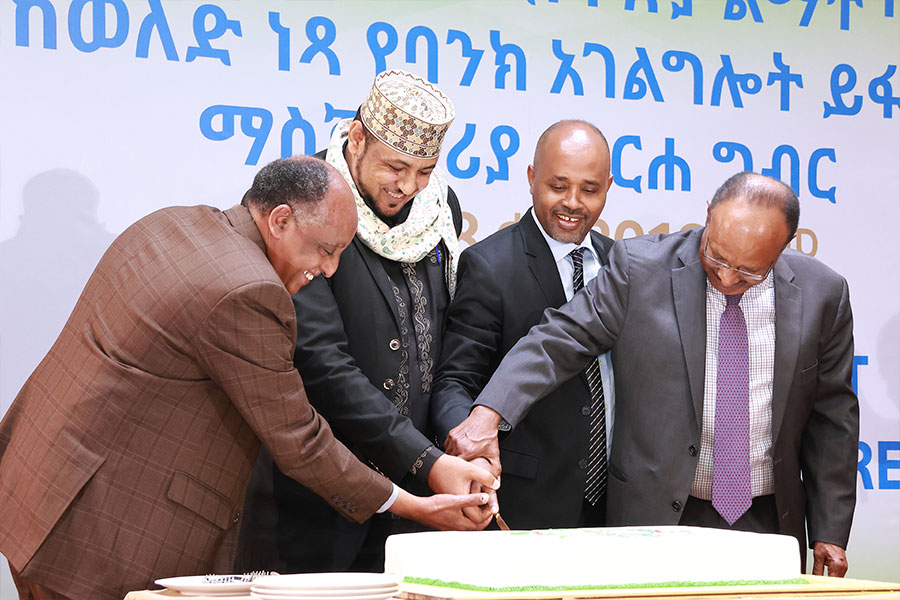
Radar | Oct 23,2023

Dec 22 , 2024 . By TIZITA SHEWAFERAW
Charged with transforming colossal state-owned enterprises into modern and competitiv...

Aug 18 , 2024 . By AKSAH ITALO
Although predictable Yonas Zerihun's job in the ride-hailing service is not immune to...

Jul 28 , 2024 . By TIZITA SHEWAFERAW
Unhabitual, perhaps too many, Samuel Gebreyohannes, 38, used to occasionally enjoy a couple of beers at breakfast. However, he recently swit...

Jul 13 , 2024 . By AKSAH ITALO
Investors who rely on tractors, trucks, and field vehicles for commuting, transporting commodities, and f...

Jun 28 , 2025
Meseret Damtie, the assertive auditor general, has never been shy about naming names...

Jun 21 , 2025
A well-worn adage says, “Budget is not destiny, but it is direction.” Examining t...

Jun 14 , 2025
Yet again, the Horn of Africa is bracing for trouble. A region already frayed by wars...

Jun 7 , 2025
Few promises shine brighter in Addis Abeba than the pledge of a roof for every family...